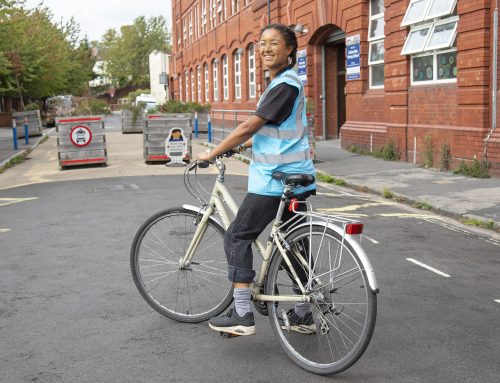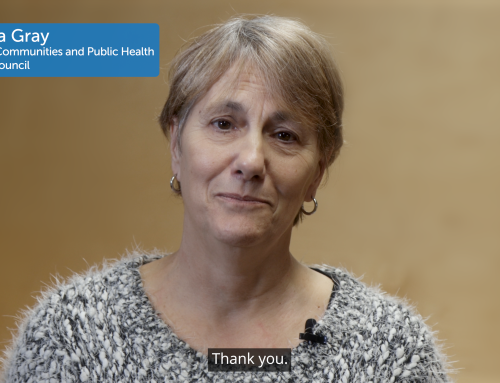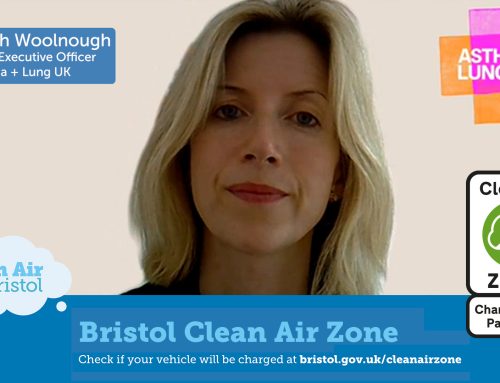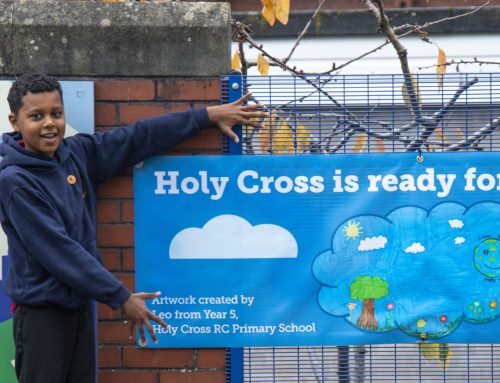The council can’t solve the challenge of reducing air pollution in Bristol on its own, everyone needs to play their part. There are simple things we can all do to reduce our pollution and help make Bristol a healthier place for everyone.
Walk or cycle whenever you can
It’s a stress-free journey. You’ll know exactly how long it takes. There’s no need to worry about traffic or parking spaces. It also helps keep you fit and stay healthy.
You’re exposed to less pollution than when travelling in a vehicle. You’ll also save money.
Shop local
An easy way to reduce your car journeys is to start travelling to shops in your local area by walking or cycling. It’s good for your health and often cheaper and more convenient than driving and parking your car.
Shopping local and supporting independent businesses to safely reopen has never been more essential. Where’s It to? champions some of the city’s most diverse and exciting retail streets and contains a hit list of amazing hidden gems and high street staples, selected by the locals who know it best.
Turn off your car engine whenever you’re not moving and it’s safe to do so
You’ll help make the air cleaner for you, other drivers and pedestrians.
Use public transport
Leaving your car at home and catching the bus or train helps reduce pollution and your carbon footprint. You’re also free to do some reading, message friends or catch up on your favourite TV series or YouTuber.
- A Euro 6 diesel bus emits on average 10 times less nitrogen oxide per passenger/km than a Euro 6 diesel car
- A Euro 6 standard bus emits fewer emissions overall than the average diesel Euro 6 car despite having 15 to 20 times the capacity
Taking public transport is good for your health too. Walking to and from bus stops or train stations can help you reach the daily recommended amount of physical activity.
Try walking the kids to school as much as possible, but at least twice a week
Walking, cycling, or even scooting to school is a fantastic way to start the day.
Start good habits early. Kids who include physical activity in their daily lives are more likely to be active in adult life.
There’s plenty of benefits for your health. You’ll also helping to reduce air pollution and congestion around the school gates.
Limit or stop use of wood burning stoves and don’t burn wood on an open fire
Domestic burning has increased over the last decade. It’s now the largest contributor to the UK particulate matter emissions.
Burning solid fuels, in open fires and wood-burning stoves, has a significant impact on air pollution for you and your neighbours.
It’s illegal to burn wood or solid fuel in an open fireplace anywhere in Bristol and wood burning stoves need to meet government standards.
- Find out if your stove meets government standards.
- Find out about the health risks of wood burners for you and your neighbours.
Recycle your garden waste, never burn it
Rather than burning your garden waste, compost it and turn it into food for your vegetable patch. If you cannot compost at home you can take it to the council’s household waste recycling centres or put it in a council green waste bin.
Save energy at home
Service your central heating boiler regularly so it runs as efficiently and cleanly as possible.
Gas and electricity production is a major contributor to air pollution. You can conserve energy and lower your bills by switching off lights, filling the kettle with just what you need and only running the washing machine when you have a full load.
Switch energy suppliers. By choosing a renewable energy tariff you can help reduce pollution from power stations.






